November 6, 2020
It has been a whirlwind few weeks in the healthcare industry (and the whole country) between the resurgence of the COVID-19 pandemic and the 2020 presidential election. However, we shouldn’t let this news totally overshadow another important headline in the health IT space: “ONC pushes back compliance dates for info-blocking rule.”
As many experts anticipated, the pandemic moved these landmark interoperability regulations onto the backburner as many organizations struggled to respond to the crisis—necessitating ONC to reevaluate its original timeline. In last week’s decision, ONC delayed the compliance deadline for the rules from November 2 to April 5, 2021. With this extra time, organizations across the industry must work hard to overcome longstanding interoperability issues and finally improve data access and sharing among all healthcare stakeholders and patients alike.
Several of our clients work in the interoperability space and have deep expertise across myriad facets of this complex topic. Here are some of their thoughts on the latest enforcement delay:
Drew Ivan, Chief Product and Strategy Officer, and Austin Dobson, Product Manager from Lyniate:
“The deadline extensions will be welcomed news and a huge relief to almost everyone who has to comply with them. A lot of providers and vendors were preparing to embark on projects to implement solutions for the ONC rules when COVID hit with full force, resulting in the need to pivot and re-direct their focus to respond to the pandemic instead. This has necessitated changes to clinical and business processes, as well as rapid scaling of their technological capabilities, including their telehealth solutions. Additionally, general productivity took a hit when much of today’s workforce transitioned to working from home.
The full list of requirements and deadlines was already confusing, so it is a concern that hastily rolling out changes will make the situation worse. ONC has an opportunity here to help providers and vendors alike with clear communications. They need to move forward with direct, substantive direction in order to facilitate patient access to healthcare data and connected systems, which matter now more than ever.”
Dr. Emad Rizk, Chairman, President and CEO at Cotiviti:
“The pandemic has magnified healthcare’s struggles with interoperability, but it has also provided a learning opportunity and highlighted how powerful data can be. The ONC rules lay the foundation for greater interoperability by requiring seamless access and exchange, but despite the delay in rule compliance there are actions healthcare organizations can – and should – take now to improve interoperability in the industry. Payers and providers can look to advanced analytics in order to gain actionable insights that will move the needle on collective efforts to improve costs and quality of care.
An example of this is a single patient identifier which would have proven invaluable in identifying high risk populations proactively in the current pandemic. At Cotiviti, we leverage single patient identifiers in our COVID-19 tracker to identify syndromic patients prior to break outs. By improving alignment among providers and payers, interoperability can encourage an industry-wide shift towards more personalized, continuous, and proactive care, which can optimize quality and cost performance in a value-based care world.”
Dr. Chris Hobson, Chief Medical Officer at Orion Health:
“COVID-19 is putting added pressure on the healthcare industry, and coupled with the complexity and importance of these rules, the extra time to comply is greatly appreciated, but shouldn’t be viewed as a reprieve from the work needing to be done to ensure compliance. Instead, the delay offers a great opportunity for providers, payers and vendors to work together to achieve the goal of increase transparency, clarity and standardization around the rules.
Use the extra time to make the most of your effort to comply with the rules and embrace the upcoming changes. The rules aren’t going away and instead are long-term drivers organizations should be building strategies around. Work towards complying sooner rather than later to ensure your organization is prepared when they finally come into effect.”
These comments originally appeared in the Healthcare IT Today article, “Delays to Information Blocking and Health IT Certification in 21st Century Cures Act Final Rule.”
What do you think about the ONC info-blocking rules and the recent enforcement delay? Tweet us @AriaMarketing and let us know your take!

